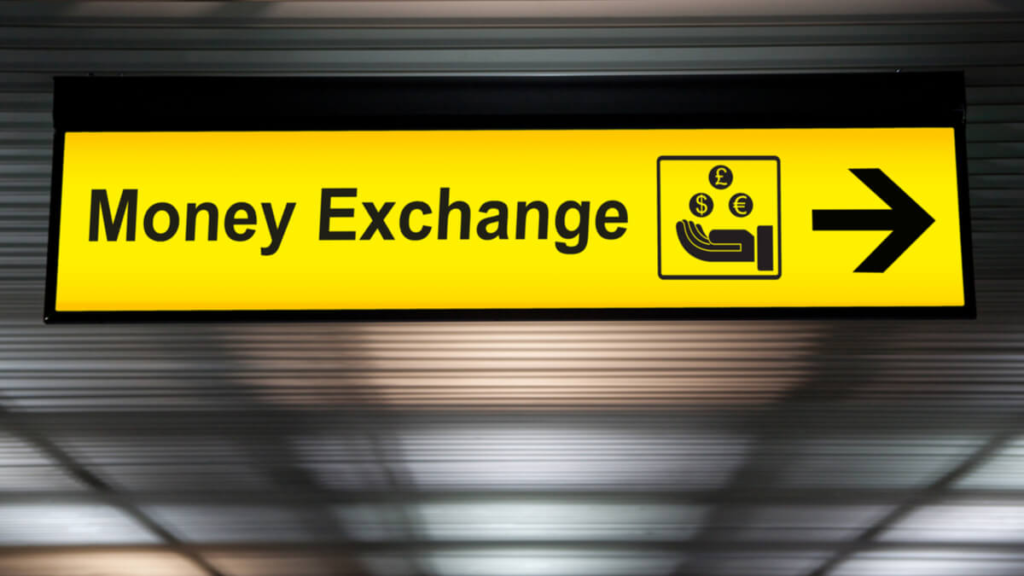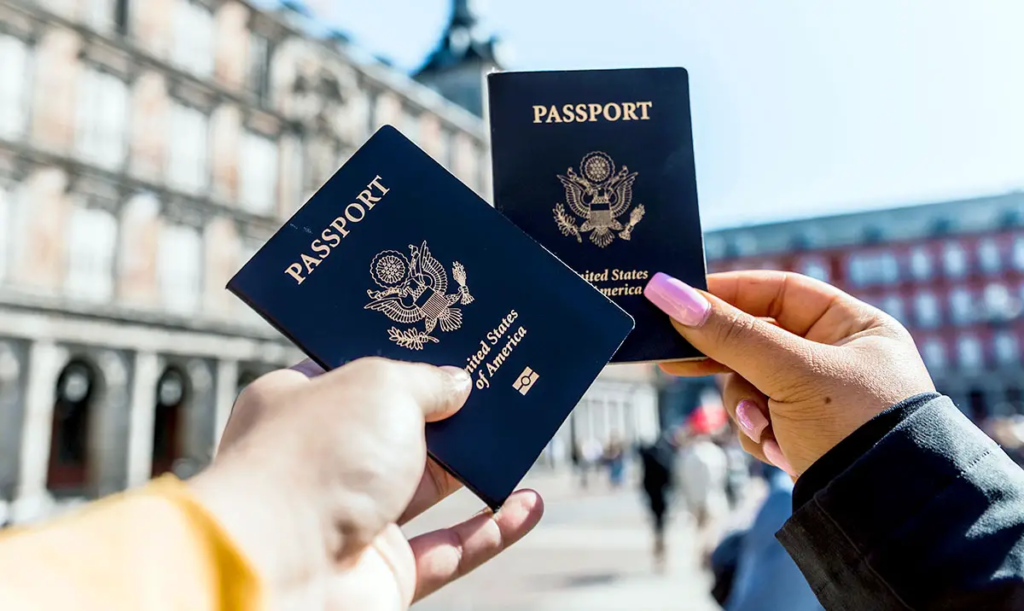Traveling to another country is an exciting adventure, offering the chance to explore new cultures, taste different cuisines, and see breathtaking landscapes. However, it’s essential to be aware of certain pitfalls that can turn your dream trip into a stressful experience. In this article, we’ll explore the top things to avoid while traveling abroad, ensuring that your journey is as smooth and enjoyable as possible.
1. Neglecting Travel Insurance

One of the most common mistakes travelers make is skipping travel insurance. While it might seem like an unnecessary expense, travel insurance can save you from significant financial losses in case of emergencies like medical issues, trip cancellations, or lost luggage. Healthcare costs in some countries can be exorbitant, and without insurance, you could be left with a hefty bill.
Always compare different travel insurance plans and choose one that covers not just medical expenses but also trip cancellations, lost baggage, and other potential issues.
2. Overpacking

Overpacking is a classic travel mistake. Lugging around heavy bags can be exhausting and costly, especially with strict airline baggage policies. Moreover, it limits your flexibility, making it harder to move around easily.
Pack light by choosing versatile clothing items that you can mix and match. Stick to essentials, and remember that you can often buy what you need at your destination. Rolling your clothes instead of folding them can save space in your suitcase.
3. Ignoring Local Customs and Etiquette

Every country has its own set of customs, traditions, and social norms. Ignoring these can lead to misunderstandings, offend the locals, and even get you into legal trouble. For instance, in some countries, dressing conservatively is expected, while in others, certain hand gestures may be considered rude.
Before you travel, do some research on the local customs and etiquette. Simple gestures like greeting locals with respect or following dress codes can make a big difference in how you’re perceived.
4. Exchanging Currency at the Airport

Exchanging currency at the airport is convenient but often comes with poor exchange rates and high fees. This can significantly reduce the amount of money you have to spend during your trip.
Use local ATMs to withdraw cash in the local currency, or exchange money at a bank or currency exchange office in the city. Additionally, consider using a travel-friendly credit card that offers favorable exchange rates and low foreign transaction fees.
5. Over-scheduling Your Itinerary

While it’s tempting to try and see everything when visiting a new country, packing your itinerary too tightly can lead to burnout and missed opportunities. Rushing from one attraction to another leaves little room for spontaneity and relaxation.
Plan your trip with some flexibility in mind. Prioritize a few must-see attractions, but leave space in your schedule for wandering, relaxing, or discovering hidden gems that aren’t in the guidebooks.
6. Relying Solely on English

While English is widely spoken in many parts of the world, assuming that everyone will understand you can lead to communication issues. In some regions, locals may have limited English proficiency, which can make navigating, ordering food, or asking for directions challenging.
Learn a few basic phrases in the local language, such as greetings, thank you, and how to ask for help. This effort is often appreciated by locals and can make your interactions smoother and more enjoyable.
7. Not Checking Visa and Entry Requirements

One of the most critical aspects of international travel is ensuring you have the correct documentation. Arriving at your destination without the necessary visa or not adhering to entry requirements can result in being denied entry or facing legal consequences.
Always check the visa requirements for your destination well in advance. Some countries require visas that can take weeks to process, while others offer visas on arrival or electronic visas. Ensure your passport is valid for at least six months beyond your travel dates, as many countries have this requirement.
Final Tips and Advice for Traveling
Traveling to another country can be an enriching and unforgettable experience if you avoid common pitfalls. Here are some final tips to keep in mind:
- Stay Connected: Consider getting a local SIM card or an international phone plan to stay connected. This is especially important for accessing maps, staying in touch with travel companions, or reaching out for help in an emergency.
- Respect Local Laws: Familiarize yourself with the laws of the country you’re visiting. What might be legal in your home country could be illegal abroad, and ignorance is not usually a valid defense.
- Keep Copies of Important Documents: Always have photocopies of your passport, visa, travel insurance, and other important documents. Store these copies separately from the originals and consider having digital copies saved securely online.
- Stay Aware of Your Surroundings: While traveling is generally safe, it’s essential to stay aware of your surroundings, especially in crowded places. Keep an eye on your belongings, avoid showing large amounts of cash, and be cautious when accepting help from strangers.
- Be Open-Minded: Lastly, approach your travels with an open mind and a willingness to embrace new experiences. Travel is not just about seeing new places but also about growing as a person through the interactions and experiences you have along the way.
Read more Tavel advice : For Safe Smooth Trip, Hacks,Tips for Every Traveler






